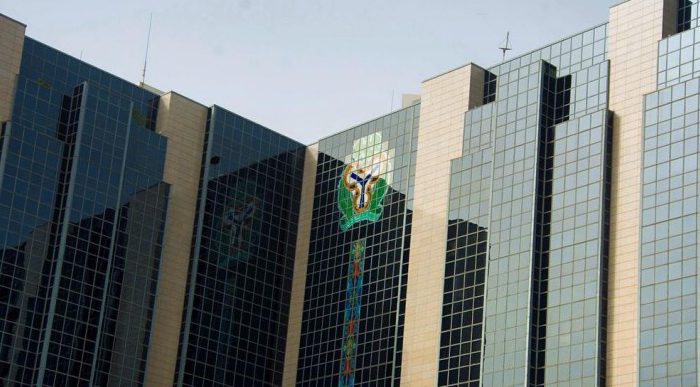- Eben Enasco Reporting.
THE persistent fluctuation in fuel prices has become a pressing concern for Nigerians, with the cost of premium motor spirit PMS skyrocketing across the country.
The only thing at this moment discussed amongst private and commercial car owners by Nigerians is the unstable price of premium motor spirit pumps price otherwise called fuel.
The removal of fuel subsidies by the Tinubu government, as prescribed by the previous administration, has led to a surge in fuel prices, causing a chain reaction of increased transportation costs and inflation.
The prices of goods and services have risen exponentially, affecting citizens’ purchasing power.
The Petroleum Products Pricing Regulatory Agency PPPRA, and the Nigeria National Petroleum Corporation NNPC have blamed panic buying and sharp practices by marketers for the lingering fuel scarcity.
Citizens are bearing the brunt of the government’s inability to provide a stable fuel price, with the impact felt most severely by average households.
The APC-led administration’s policies have created a sense of hopelessness, pushing citizens to the edge.
As an oil-producing nation, Nigeria heavily relies on crude oil for its revenue.
The price of crude oil in the international market directly affects the cost of importing refined petroleum products into the country.
According to reports Nigeria is believed to be importing Refined Petroleum primarily from: Belgium at $6.83B, the Netherlands at $5.61B, India at $2.37B, Norway at $1.64B, and the United Kingdom at $923M. The fastest-growing import markets in Refined Petroleum for Nigeria between 2021 and 2022 were Belgium at $5.04B, the Netherlands at $1.99B, and India at $1.38B.
Whereas, the successive government has failed to address the moribund four major oil refineries in Nigeria.
If not the new Dangote refinery, there are two found in PortHarcourt Port and one each in Warri and Kaduna. Oil reserves are mainly found in the Niger Delta region.
The price of crude oil is the most important factor that will determine the price of fuel.
Since the era of Goodluck Jonathan as Nigeria’s President, there have been suggestions to remove fuel subsidies but met stiff opposition resistance.
However, upon assuming office last May 2023, the Tinubu government implemented the discontinuance of subsidies on petrol as prescribed by the immediate past administration of Muhammadu Buhari.
He said the move would save the government money for infrastructural expansion.
Since then, every day Nigerians wake to new fuel pump prices across filling stations.
In some states, the price is now 850 naira per liter while others sell either below or above that, depending on the side the marketer of the product wakes from his bed.
The Petroleum Products Pricing Regulatory Agency PPPRA is an agency of the government of Nigeria.
It was established in 2003 to, among other responsibilities, monitor and regulate the supply and distribution, as well as determine the prices of petroleum products in Nigeria.
The Nigeria National Petroleum Corporation has blamed the lingering fuel scarcity in the country on panic buying and sharp practices by some petroleum marketers who are exploiting the present situation to make more money.
The net result of this is the continued flaring of gas to the detriment of the oil-bearing communities in Nigeria and global environmental degradation, like ozone-layer depletion, and others.
The ownership of oil and gas in Nigeria as in most developing countries is vested in the State, particularly, the Federal Government of Nigeria.
The pain of the impact of the unofficial fuel hike, on average homes or loved ones is way more than excruciating.
Every year, Nigerians fall unconsciously during the prolonged inflation, where new anti-people policies are made to further deepen the sufferings
Citizens had tumbled down the cliff whenever the government released its holds and toppled slowly backward.
The policies of the previous and incumbent Nigerian government of APC are a testament to when someone jumps to their death from a high height and they don’t feel anything when they hit the ground before dying.
I won’t talk about the whole “if Nigeria government is planning to place its citizens on suicide because it is believed that as humans we all have a choice; as humans, we are allowed to decide what to do with our lives and this is never so with APC Government.
People say throw it away” but I think those who choose to end this path have already considered all this because the government of APC has created the part to feel so.
The removal of fuel subsidies led to an immediate increase in fuel prices.
This has triggered a chain reaction, causing higher transportation costs and ultimately contributing to inflation.
Prices of goods and services have risen above the lines, affecting the purchasing power of consumers.
The current government approach towards petroleum products in the country is that marketers across the country are expected to load petroleum products from only depots in Lagos state.
Nigeria is constantly plagued with fuel crises because it’s not using its refineries.
The government must take concrete steps to address the issue, including building and modernizing refineries to reduce dependence on imported fuel and enhance energy security.
Robust anti-corruption measures within the oil industry are also crucial to prevent further exploitation.
Nigerians are calling for a change, and the government must listen before it’s too late.













